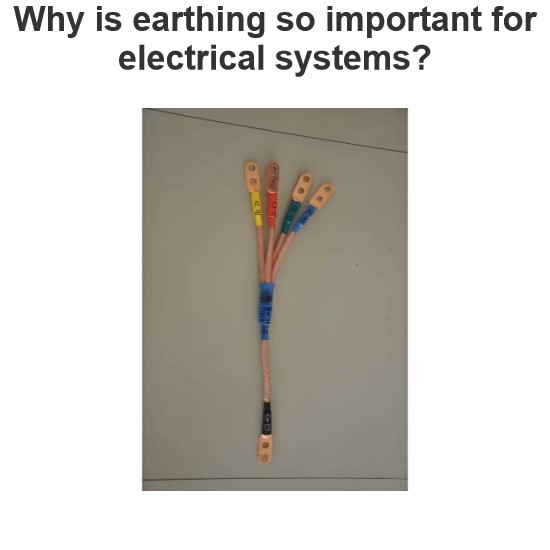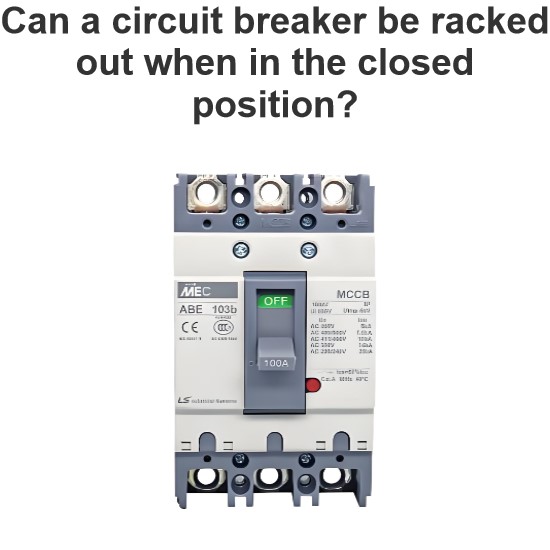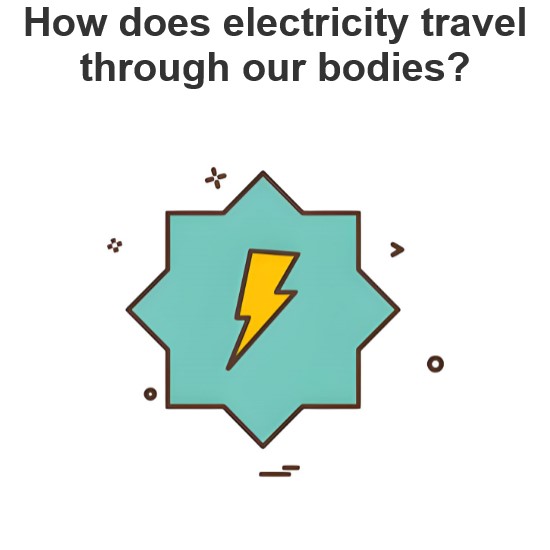What is the reason for using low voltage to transmit power and high voltage in our homes?
Why low-voltage transmission for household electricity
Household electricity is usually used low-voltage transmission, rather than high-voltage transmission, mainly for the following reasons:
Safety considerations: The voltage of the home electricity is low (usually 220 volts), and this voltage is designed to ensure the safety of the user. While high-voltage transmission can reduce line losses, it also brings higher risks, such as the possibility of electric shock. Low-voltage transmission reduces the risk of electric shock and is suitable for use in domestic Settings.
Equipment design and compatibility: Most home appliances and electronic devices are designed with low voltage, and using high voltage transmission can cause the equipment to fail to function properly, or require additional safety measures and expensive transformers to step-down. Low-voltage transmission can be used directly by household appliances, simplifying the design and installation of electrical systems.10
Line loss and efficiency: Although high-voltage transmission can reduce line losses, in household electricity, low-voltage transmission is already sufficient to provide sufficient efficiency due to the small current. In addition, home power lines are usually short, so energy loss is limited even at low voltages.
Cost and convenience: Low voltage transmission systems are relatively simple and have low construction and maintenance costs. Home power lines do not require particularly high voltage materials, nor do they require complex high-voltage equipment, which reduces initial investment and long-term operating costs.3
Power grid management: Low-voltage power grids are easy to manage and maintain, easy to troubleshoot and repair. Once a high-voltage transmission line fails, it can affect a large area, while problems with low-voltage lines are usually easier to locate and fix.
In summary, the use of low-voltage transmission for household electricity is mainly for the consideration of safety, equipment compatibility, efficiency, cost and management convenience. Although high-voltage transmission has its advantages in some cases, in the field of household electricity, low-voltage transmission is a more suitable choice.
The Electricity Encyclopedia is dedicated to accelerating the dissemination and application of electricity knowledge and adding impetus to the development and innovation of the electricity industry.




